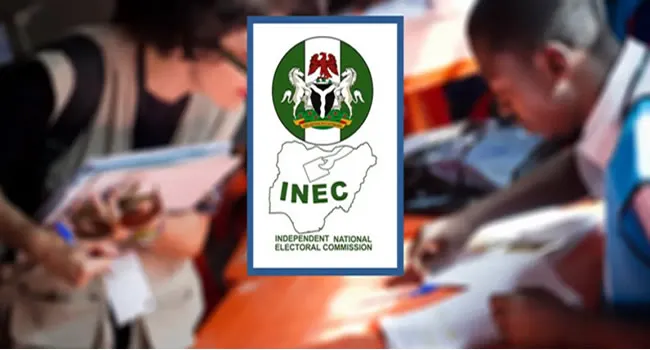The Independent National Electoral Commission (INEC) has insisted that 2023 general election was well planned while its outcome was the true reflection of the wishes of the people.
It added that it was in conformity with its strategic plan of action, the guidelines and regulations for the election as well as the Election Project Plan (EPP).
This was contained in the Report of the 2023 General Election released by INEC on Friday.
According to INEC, for the first time in Nigeria’s Democratic history, candidates from over seven political parties won elections into various elective positions thus breaking the two party mould of the parties democracy since the second Republic.
“The 2023 General Election was the first to be conducted as scheduled since 2011. For obvious reasons, the 2011 and 2019 General Elections were rescheduled. However, due to litigation on the process of the 2023 Presidential & National Assembly Election (Delay in the Re-configuration of the BVAS), the Governorship & State Houses of Assembly Election were re-scheduled for 2 weeks.
“Thus, INEC’s commitment to electoral integrity and efficiency has led to a significant reduction in election postponements since 2011. This achievement underscores INEC’s dedication to upholding democratic norms and enhancing public trust in Nigeria’s electoral system,” the report noted.
The Commission reports that the introduction of a new legal framework and laws (Electoral Act 2022 and other constitutive instruments) have affected the elections positively as these enabled the Commission and other relevant stakeholders to plan adequately.
On the role technology during the polls, the report stated that INEC’s adoption of advanced technology has revolutionised electoral operations.
It explained that direct Transitioning from Direct Data Capture (DDC) machines to INEC Voter Enrolment Devices (IVED) for online pre and in-person registration and upgrading from Smart Card Readers (SCR) to the Bimodal Voter Accreditation System (BVAS) demonstrated the Commission’s commitment to efficiency and accuracy.
It noted that these technological advancements optimise voter registration, authentication, and accreditation processes, ensuring credible and transparent elections.
It reads, “Also the introduction of technology signifies INEC’s commitment to innovation and modernisation. By leveraging technology, INEC seeks to set new standards for credible and inclusive elections in Nigeria.
“In addition, the following technological innovations were introduced by the Commission to the process:
INEC Results Viewing Portal (IReV): which enables citizens view scanned polling unit results in real time was first deployed at the Nasarawa Central State Constituency By-election held 8th August, 2020; subsequently it has been used in all elections to date; INEC Media Accreditation Portal (IMAP); Candidate Nomination Portal; Party Agent Nomination Portal; Election Observer Group Portal; and INECPres Portal”
